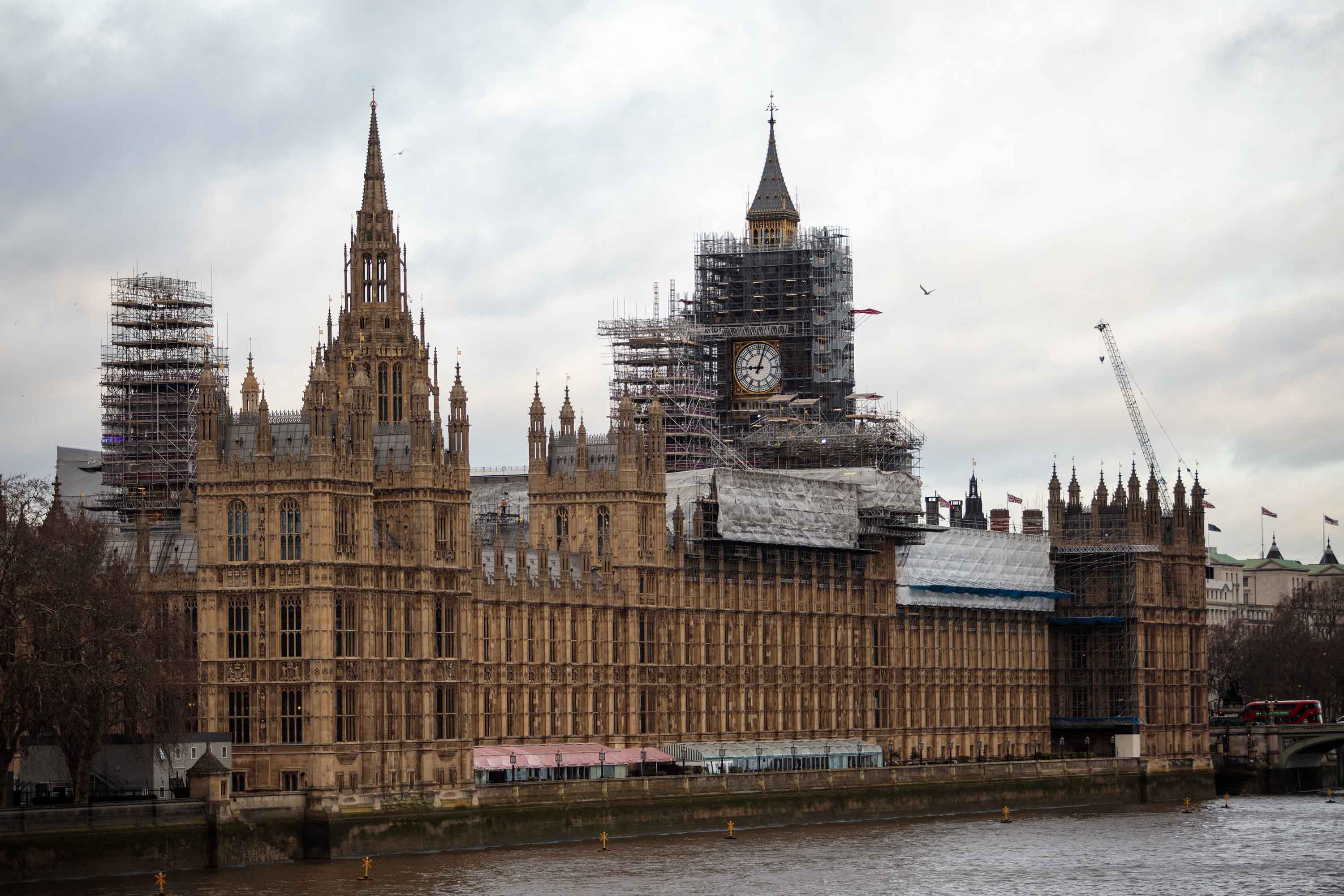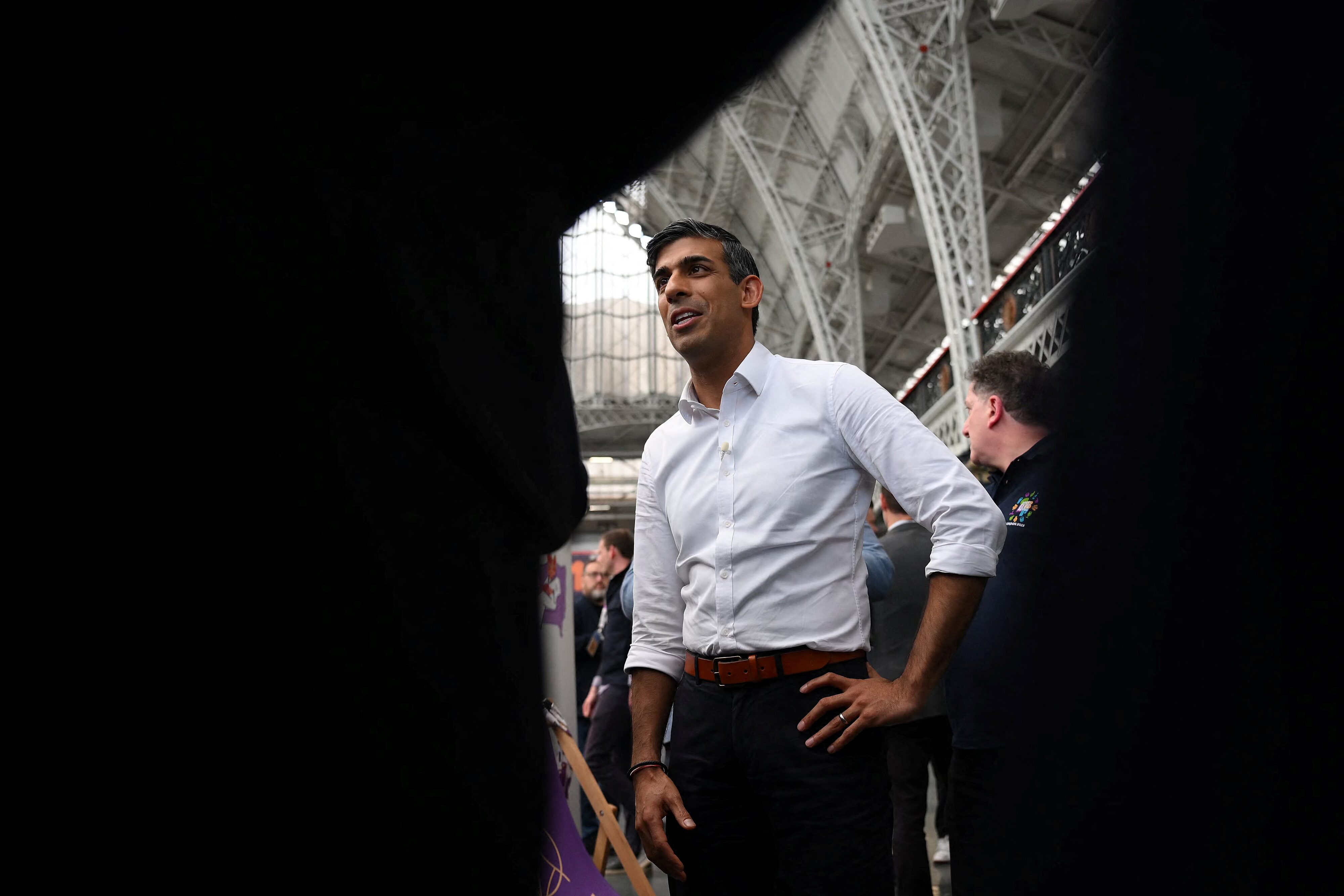Offshore Wind Developers Face Financial Crunch
Offshore wind energy, touted as a beacon of hope for sustainable energy, is now grappling with escalating costs that threaten its viability. Recent reports indicate that higher interest rates and supply chain bottlenecks are squeezing developers, putting projects at risk. As reported by the New York Times, the industry is struggling to manufacture, transport, and erect wind turbines, leading to significant delays and financial challenges.
Government Promises Under Fire
The UK government"s ambitious plan to decarbonize its electricity grid by 2030 is now under scrutiny. The promise of reduced energy bills, specifically the pledge of "up to £300" off household costs by 2030, is increasingly seen as a political gamble. According to the Offshore Wind Market Report, the current trajectory of costs suggests that consumers may actually face higher bills instead. As noted by Chris O"Shea, CEO of Centrica, the transition to renewables will not lower electricity prices in the short term.

Westminster: UK"s MPs to move out of crumbling parliament | CNN
Rising Costs and Financial Risks
The financial landscape for offshore wind has dramatically shifted. The cost of borrowing has risen, making capital-intensive projects less financially feasible. Developers now face the grim reality that the contracts-for-difference (CfDs) that once promised profitability are being renegotiated at significantly higher rates. Projections from Vallorii suggest that upcoming CfD auctions could see prices soar to between £90-£111 per megawatt hour, well above current wholesale prices. This trend raises alarms about the sustainability of the offshore wind sector, as developers like Ørsted halt projects due to financial unviability.
Supply Chain Bottlenecks Challenge Growth
Supply chain issues are exacerbating the financial instability of offshore wind projects. The difficulties in sourcing materials and equipment have caused significant delays, as highlighted by Ørsted"s suspension of its Hornsea 4 wind farm project. With the global demand for clean energy rising, the industry is struggling to keep pace. The NREL analysis underscores the urgent need for a comprehensive strategy to address these supply chain challenges, or risk stalling the transition to renewable energy altogether.

UK PM Sunak unapologetic for energy policy after protest at ...
Implications for Energy Policy and Social Justice
This unfolding crisis in the offshore wind sector has profound implications for energy policy and social justice. Communities that have been promised clean energy jobs and lower bills may face an entirely different reality. The continued reliance on fossil fuels, coupled with the sluggish transition to renewables, risks perpetuating energy inequities. Vulnerable populations, who often bear the brunt of energy price hikes, could be disproportionately affected as the government struggles to manage rising costs.
As the UK government contemplates reforms to the electricity market, including the controversial idea of zonal pricing, the stakes have never been higher. The community must demand transparency and accountability as energy costs rise and the government rolls out policies that could impact millions. The transition to a sustainable energy future cannot come at the expense of those who are already marginalized.







![[Video] Gunfire between Iraqi security forces and Sadr militias in Baghdad](/_next/image?url=%2Fapi%2Fimage%2Fthumbnails%2Fthumbnail-1768343508874-4redb-thumbnail.jpg&w=3840&q=75)
